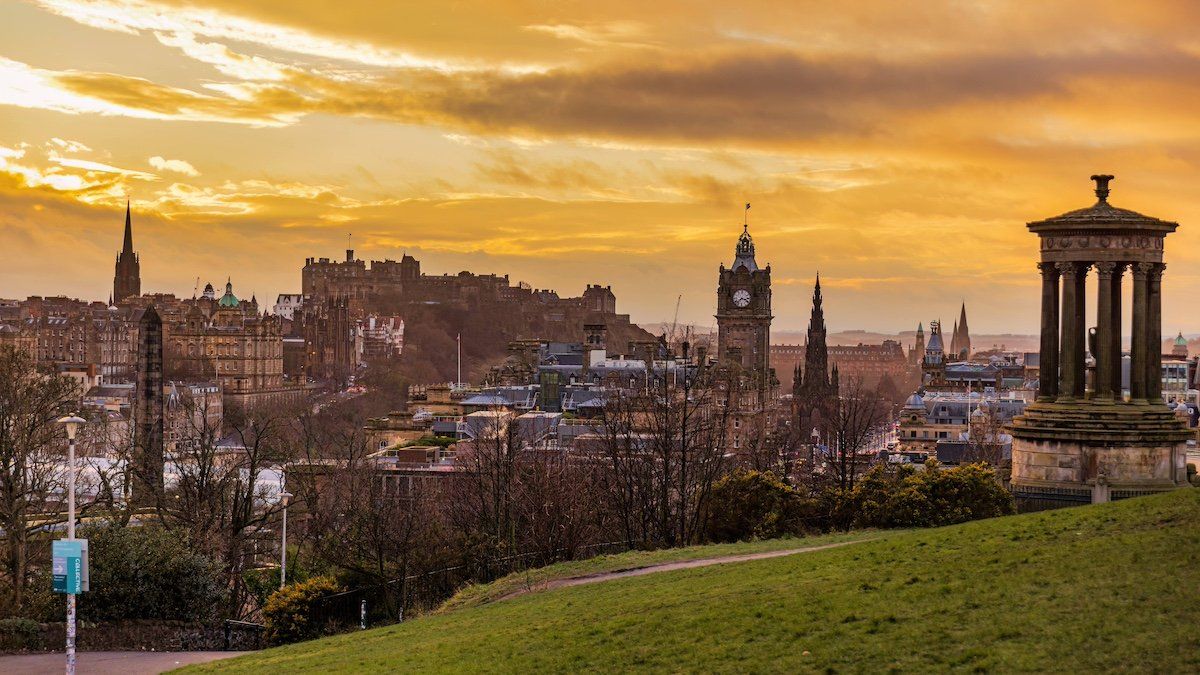Good news for Britain’s Labour Party: Anew poll from YouGov shows that, for the first time in nearly a decade, the party leads in Scotland, a result that can bolster its already-high odds of winning the UK’s next general election, probably this fall.
Years ago, Labour could count on votes in Scotland, where the Conservative Party is traditionally less popular than in England and Wales, to boost its seat total in the UK parliament. In 2010, a year when Scotland’s own Gordon Brown led Labour, the party won 41 of Scotland’s 59 seats. But as demand for an independence referendum lifted the Scottish National Party to prominence, Labour won just one seat in Scotland in 2015 and the same in 2019.
But the SNP, burdened with the disappointment of the failed referendum, a poor economy, and scandals that engulfed once-popular leader Nicola Sturgeon, has faded, and Labour is again in favor with Scottish voters.
Nationally, Labour already leads Conservatives by 20 points. A restoration in Scotland could help the party and its current leader, Sir Keir Starmer, secure the landslide win they seek and a return to 10 Downing Street for the first time in 14 years.